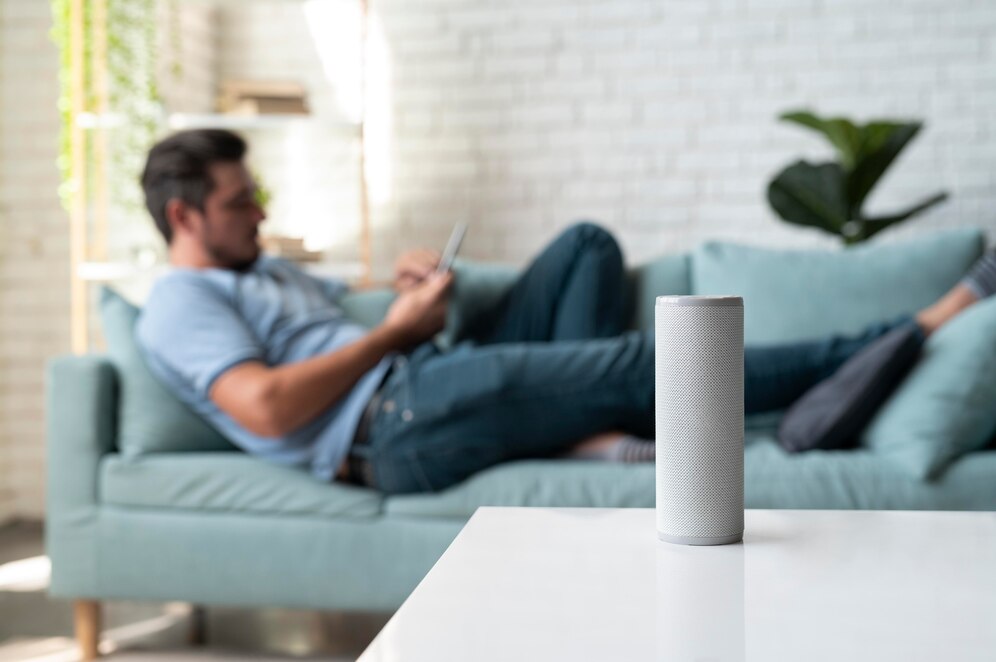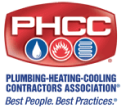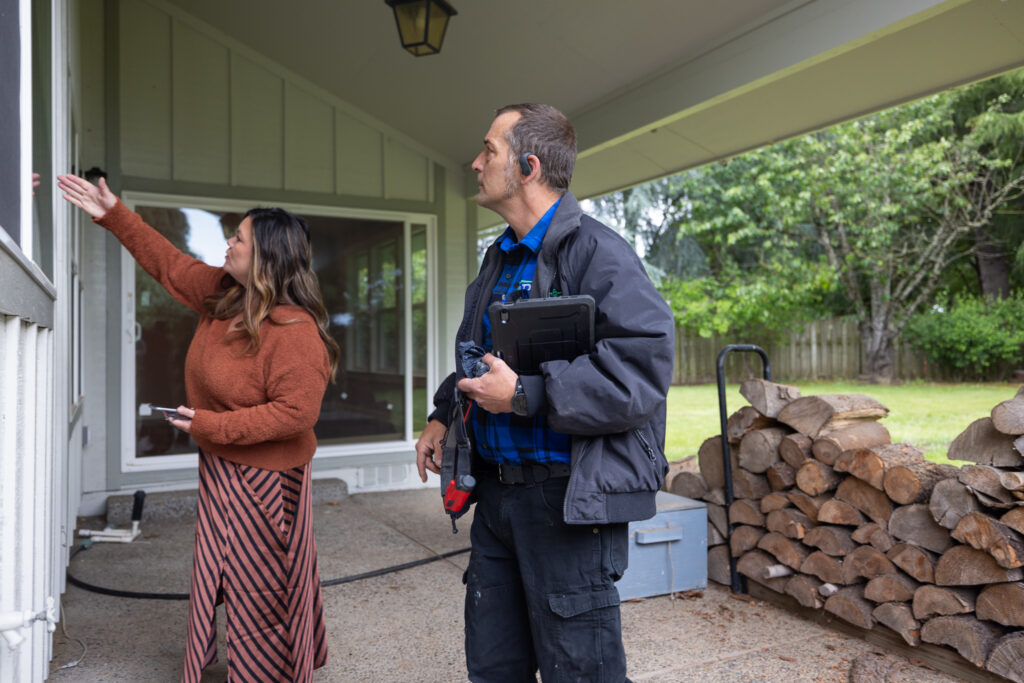Allergies can turn our homes into places of discomfort. Sneezing, coughing, and watery eyes are common symptoms that many of us deal with daily. The air inside our homes can be filled with allergens like pollen, dust, pet dander, and mold spores, making it necessary to find solutions that improve the air we breathe.
Air purification systems offer an effective way to reduce allergens indoors. These systems work by filtering out harmful particles from the air, ensuring that what we inhale is cleaner and safer. For allergy sufferers, this can mean fewer symptoms and a better quality of life.
Understanding how air purifiers work and the types of allergens they target can help us make informed decisions about which system to choose. By keeping our indoor air clean, we not only improve our health but also create a more comfortable living environment.
Understanding How Air Purifiers Work
Mechanical Filtration
Mechanical filtration is one of the most common methods used in air purifiers. This technique involves passing air through filters that trap and remove particles. High-Efficiency Particulate Air (HEPA) filters are particularly effective, capturing particles as small as 0.3 microns. These filters can trap pollen, dust, pet dander, and even some bacteria. By removing these particles, mechanical filtration substantially improves indoor air quality. The air is drawn through the filter, contaminants are captured, and clean air is released back into the room.
Electronic Purification
Electronic purification methods use electronic charges to remove particles from the air. One common method is ionization, where the air purifier emits ions that attach to pollutants, making them too heavy to remain airborne. These charged particles then settle on surfaces or are captured by a collection plate within the purifier. Another method involves electrostatic precipitators, which draw air through an electrically charged grid, causing particles to cling to plates within the machine. While effective in removing fine particles, electronic purifiers often work best when combined with other air purification methods to ensure comprehensive air cleaning.
Common Allergens That Air Purifiers Target
Pollen and Dust
Pollen and dust are two of the most common allergens that affect our living spaces. Pollen, released by plants during their reproductive cycles, can easily enter our homes through open windows and doors. Dust, composed of various small particles like dirt, skin cells, and fabric fibers, accumulates quickly and can remain airborne, exacerbating allergy symptoms. Air purifiers equipped with HEPA filters can effectively trap these tiny particles, reducing their presence in the air and helping to minimize allergic reactions.
Pet Dander and Mold Spores
Pet dander and mold spores are other prevalent allergens that can significantly impact our indoor air quality. Pet dander consists of tiny, even microscopic, flecks of skin shed by cats, dogs, and other animals with fur or feathers. These particles can easily become airborne and are known to trigger allergic responses. Mold spores, on the other hand, thrive in damp and humid conditions, leading to potential respiratory issues when inhaled. Air purifiers can capture these allergens, reducing their concentration in our homes and providing relief for allergy sufferers. Regular use of air purifiers helps maintain a healthier indoor environment by continuously filtering out these irritating particles.
Health Benefits for Allergy Sufferers
Reduced Symptoms of Allergies
One of the primary benefits of air purification systems is the reduction in allergy symptoms. By removing common allergens like pollen, dust, and pet dander, these systems help alleviate sneezing, coughing, and itchy eyes. Clean air means fewer irritants to trigger allergic reactions, allowing us to breathe easier and feel more comfortable in our own homes.
Improved Respiratory Health
Better air quality leads to improved respiratory health. Clean air reduces the likelihood of respiratory irritations and infections. This is especially important for those with asthma or other respiratory conditions. By filtering out harmful particles and pollutants, air purifiers help us maintain healthier lungs and airways.
Enhanced Sleep Quality
Air purifiers also contribute to better sleep quality. Allergy symptoms can often interrupt our sleep, leading to restless nights and fatigue. With fewer allergens in the air, we can enjoy uninterrupted, restful sleep. Better sleep quality means we wake up feeling refreshed and ready to tackle the day. Overall, using an air purifier can enhance our overall well-being by ensuring we get the rest we need.
Choosing the Right Air Purification System
HEPA Filters vs. Other Technologies
When selecting an air purification system, it’s essential to consider the type of filtration technology used. HEPA filters are highly effective at capturing particles as small as 0.3 microns. However, other technologies like activated carbon filters can remove odors and gases, and UV-C light can kill bacteria and viruses. Understanding the benefits of each technology helps us choose the system that best meets our needs.
Considerations for Different Home Environments
Different homes have different needs. Factors like the size of the home, the presence of pets, and specific allergy concerns can influence the choice of an air purifier. For instance, larger homes may require more powerful units or multiple air purifiers. Homes with pets might benefit from systems with enhanced filtration capabilities to handle pet dander. Evaluating our specific circumstances ensures we select an air purifier that effectively improves our air quality.
Maintenance and Upkeep
Maintenance is another critical aspect of choosing an air purification system. Regularly replacing filters and cleaning the unit ensures optimal performance. Some air purifiers have indicators that alert us when filters need replacing, making maintenance more manageable. Considering the upkeep requirements of a system helps us maintain its efficiency and longevity, ensuring we continue to benefit from clean air.
Conclusion
Addressing indoor air quality is essential for the health and well-being of allergy sufferers. Air purification systems play a crucial role in filtering out common allergens and pollutants, providing cleaner air, and alleviating allergy symptoms. Understanding how these systems work and the types of allergens they target can help us make informed decisions when choosing an air purifier. By selecting the right system and maintaining it properly, we can enjoy reduced allergy symptoms, improved respiratory health, and enhanced sleep quality.
To explore the benefits of Air Purification Systems in Portland, OR, that are tailored to your needs, Contact D&F Plumbing, Heating and Cooling. Our professionals can help you find the perfect solution to improve the air quality in your home. Breathe easier and live healthier with our expert services.

















